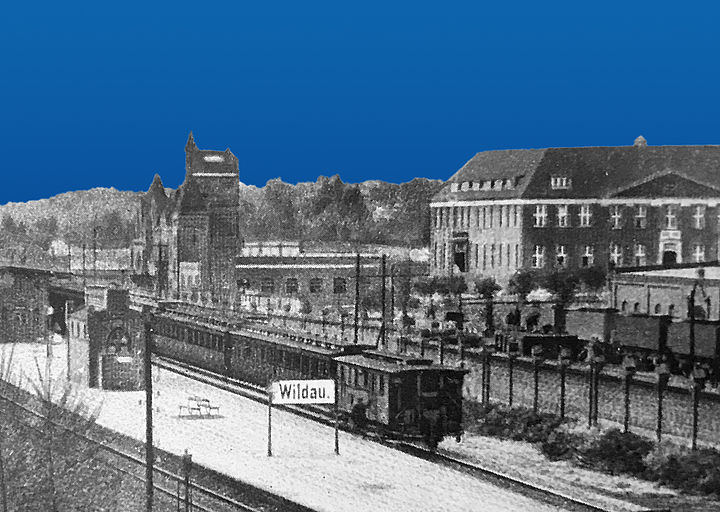
Before 1991 – A Unique Industrial Location
More than 125 years of industrial history gave the university town of Wildau its special and unmistakable character. From 1898, Berliner Maschinenbau AG, formerly Schwartzkopff, built one of the largest and most modern locomotive factories in Europe here. Systematic engineering training began in Wildau in 1949 with the founding of the Technical College for Locomotive and Rolling Stock Construction. This gave rise to the Wildau School of Mechanical Engineering (ISW) in 1964, the direct predecessor of today’s TH Wildau.
ISW quickly gained a good reputation for the education of mechanical engineering students. They gained a wide range of basic knowledge and vocational skills, and the school was known for its excellent laboratories and direct links to local industry.
1991 - TH Wildau Is Founded
On 22 October 1991, the then Wildau Technical College (TFH Wildau) was officially founded. Dr.-Ing. Kurt Rabes, long-time director of the ISW, was founding commissioner to 1 December 1991. Studies begin on the site of the former engineering school and the first 17 students enrolled in the mechanical engineering course. At that time, the state's target plans envisaged educating up to 1,645 students in various subject areas.
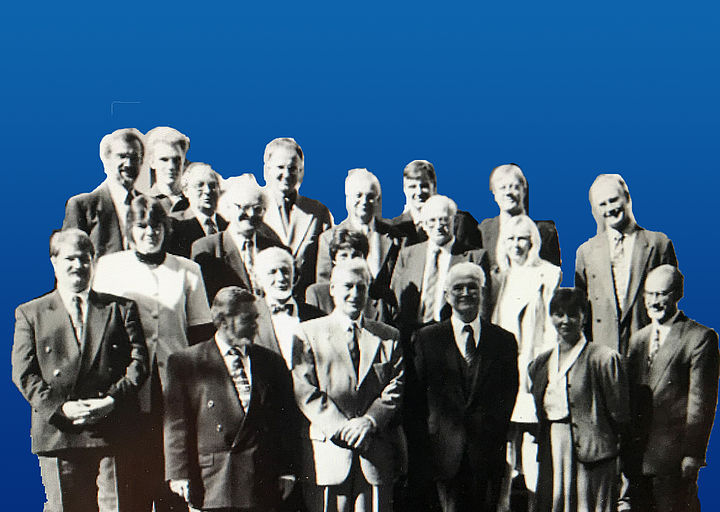
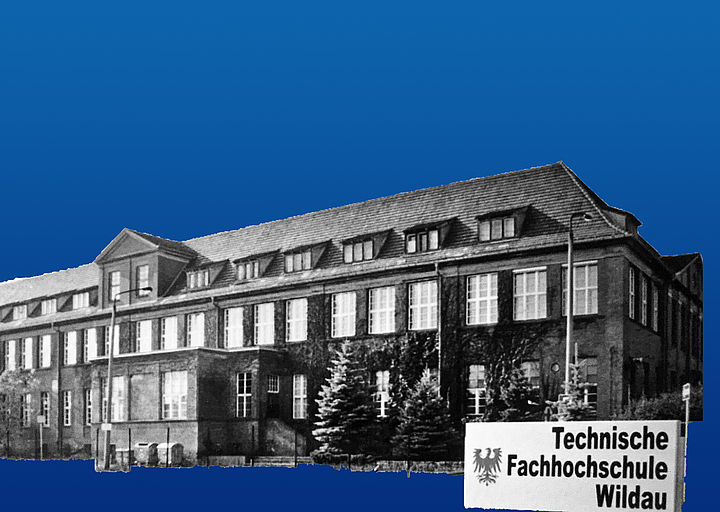
1991 to 1996 – The Campus Grows
A contract was signed for the purchase of approx. 30,900 m² of the former locomotive construction and heavy engineering site, including the buildings Haus 13, Halle 14 and Haus 100, as well as the turntable for the TFH Wildau. Prof. Dr.-Ing. Wilfried Arlt was elected the first president of TFH Wildau and more degree programmes were added. In 1992 the university computer centre was founded and in 1994 the Wildau Technical College organised its popular seminar for senior citizens for the first time.
1996 to 2007 – Restructuring
In winter semester 1996/1997 the structure of the faculties and many of the degree programmes was reorganised. Mechanical Engineering, Physics Engineering, Chemical and Plastics Engineering and Process Engineering were combined into an integrated Engineering programme. The degree programmes in Industrial Engineering and Logistics were affiliated with the faculty of Engineering/Business Engineering. In addition, the new faculty of Business, Computing and Law was created.
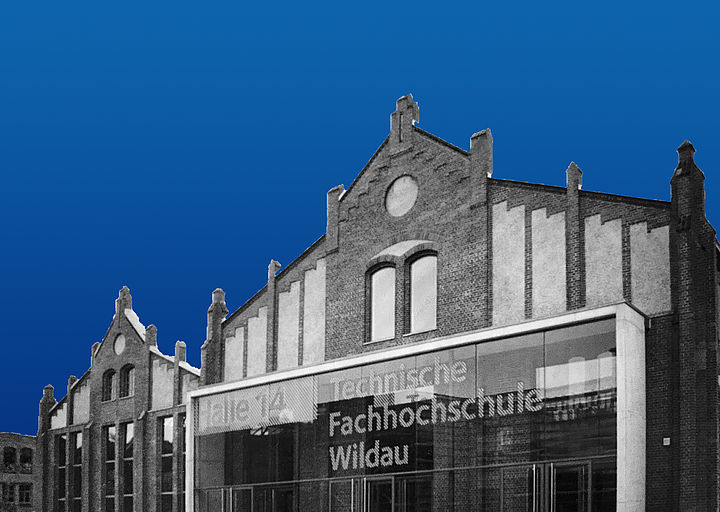
In the winter semester 1999/2000 the number of students exceeded the 2,000 mark for the first time. In May 2000, the TFH Wildau organised a Company Contact Fair for Engineering, Computer Science, Business Administration and Management for the first time. This offers students an excellent platform for making contact with potential employers.
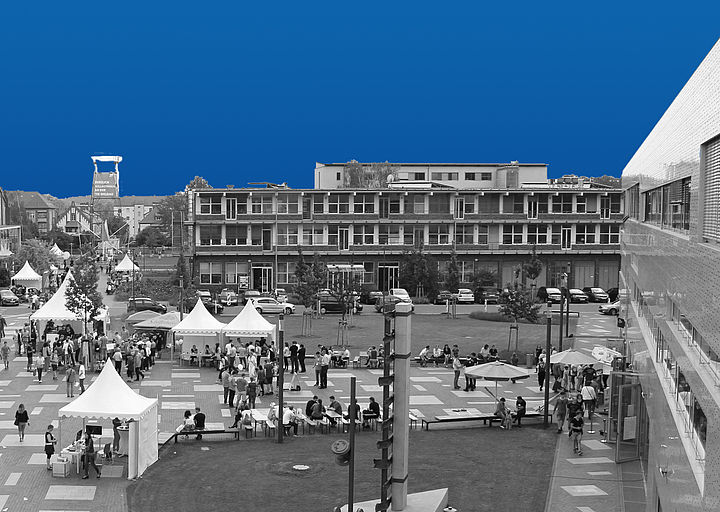
2008 to 2020 – University of Applied Sciences with International Appeal
The completion of the Hall 10 and Hall 14 construction projects in September 2007 represented a milestone on the way to the TFH Wildau becoming a campus university with international appeal. The new university library offered space for extensive book and journal collections, multimedia learning pools, reading booths and technical support, with a floor space of more than 1,400 m².
Hall 14 was rebuilt to meet the very different requirements of the technical degree programmes in engineering, logistics, industrial engineering and telematics. On 11 May 2009, the Senate of the TFH Wildau decided to rename the university Technical University of Applied Sciences on the basis of the new Brandenburg Higher Education Act.
Numerous cooperation agreements were concluded with partner universities from various countries, with educational know-how from TH Wildau increasingly seeing international demand. Study programmes on the basis of proven German quality standards were successfully "exported". Since 2001 TH Wildau has been one of the strongest research universities in Germany.
The TH Wildau Today
Today, the Technical University of Applied Sciences Wildau is the largest university of applied sciences in the state of Brandenburg. The range of courses includes 36 degree programmes in natural sciences, engineering, business administration, law and management. A special feature is our international profile and our diversity. Over 17 percent of our students come from more than 60 countries. Cooperation agreements and exchange programmes connect TH Wildau with over 150 academic educational institutions worldwide.
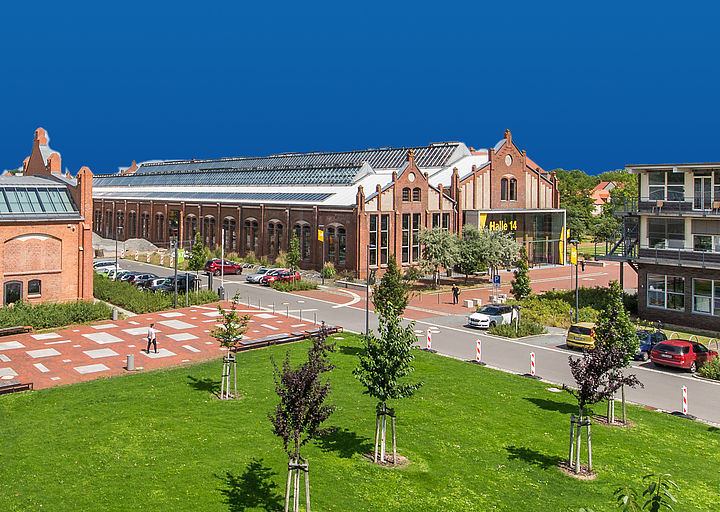
As one of the strongest research universities of applied sciences in Germany, TH Wildau promotes innovation as well as knowledge and technology transfer. Important fields of expertise are applied biosciences, computer science/telematics, optical technologies/photonics, production and materials, transport and logistics as well as management and law.
